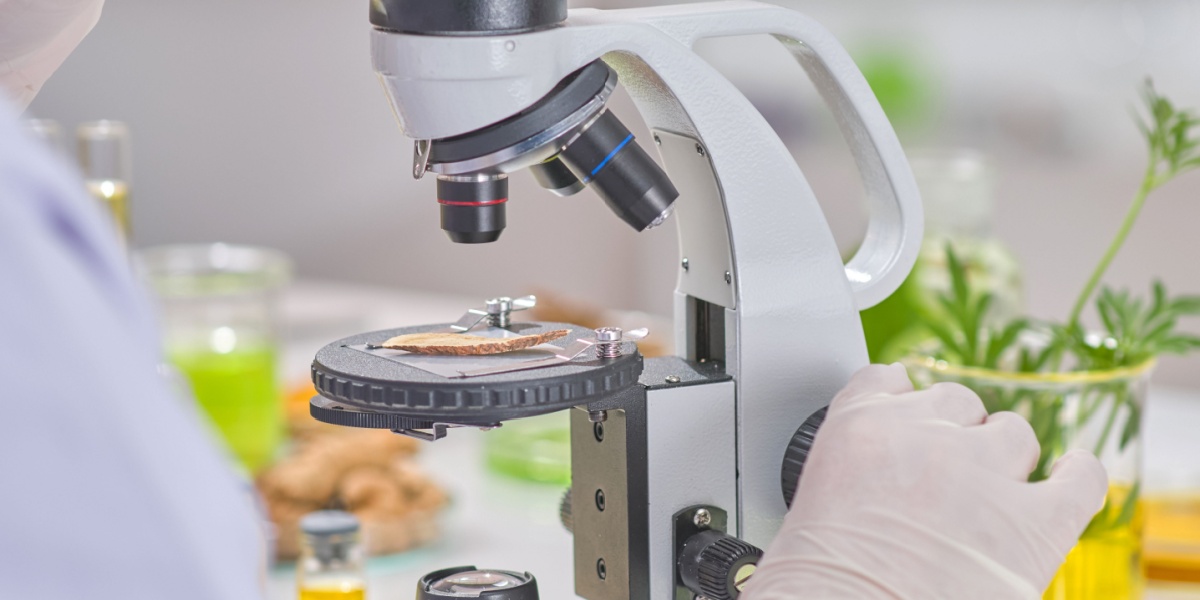A new bill has been signed into law in Texas, allocating $50 million of state funds towards the research of ibogaine treatment for various conditions, including substance use issues, post-traumatic stress disorder, and brain injury. The state will now be one of several working toward the legal therapeutic use of psychedelic substances.

Huge funding for clinical trials into psychedelic treatment for SUDs
On June 11th, Senate Bill 2308 was signed into law by Texas Governor Greg Abbott. The new bill approves $50 million in state funds to be allocated to scientific research investigating the therapeutic benefits of ibogaine, including its use in the treatment of substance use disorders (SUDs), post-traumatic stress disorder (PTSD), and other behavioral, neurological, and psychological disorders. [1]
Ibogaine is a Schedule I controlled substance, which means that it has no accepted medical uses and demonstrates a high potential for addiction and abuse. With this new law, the state can legally study ibogaine treatment benefits and work towards gaining approval from the Food and Drug Administration (FDA) for therapeutic ibogaine use. However, this process can take several years and requires extensive research and evidence. [2]
Governor Abbot and other advocates of these developments, such as Bryan Hubbard, leader of Americans for Ibogaine, recognize the importance of new approaches in the treatment of veterans. Conditions such as SUDs, PTSD, and brain injury are common among these individuals, many of whom have little success with other treatment approaches. [1][3]
Upon signing the bill, Governor Abbott stated, “Texas is home to more veterans than any other state…Texas will now lead the way in America for the evaluation of ibogaine as a potential medication that can help improve the lives of so many veterans.” [1]
How does ibogaine help treat opioid addiction?
Studies show that ibogaine can provide benefits for people with opioid addiction and dependence, including reductions in cravings, withdrawal symptom severity, mental health symptoms, opioid use, and relapse rates. [4][5]
For example, a New Zealand study (Noller et al, 2017) shows sustained opioid abstinence a year after ibogaine treatment, along with improvements in mood and interpersonal relationships. [5] Another study (Brown & Alper, 2017) shows improvements in opioid withdrawal symptoms with ibogaine treatment and reductions in opioid use among participants for whom previous treatments had been ineffective. [6]
Further research is required to confirm these benefits and investigate the potential risks involved. Currently, ibogaine is not a legal treatment for opioid use disorder in the US.
Are there any drawbacks?
Some studies have highlighted certain dangers of ibogaine use, especially cardiac effects, such as arrhythmias, tachycardia, and bradycardia. These risks can make ibogaine treatment a dangerous option for some, particularly those with a history of heart issues. [7]
Some pharmaceutical companies are working on producing synthetic, or lab-made, ibogaine versions to alleviate some of these risks. For example, Gilgamesh Pharmaceuticals has developed an ibogaine analog, and the company has received $14 million from the National Institute of Drug Abuse to study its use. [8]
Another potential drawback is the fear that ibogaine and other psychedelic substances will become a profit-making business if produced by “Big Pharma.” This could mean that research is rushed or tarnished, that the focus is detracted from individual treatment needs and the healing properties of ibogaine, or that the traditional and ceremonial history of the drug is forgotten or ignored.
What this means for future psychedelic research
This new research in Texas can have significant impacts on the progression of psychedelic research. With increasing evidence of the therapeutic benefits of psychedelics, attitudes toward these substances are changing, with growing interest in their therapeutic potential and reduced stigma and fear around their use. [9]
Additionally, new research allows scientists to better understand the potential risks of these treatments and thus, develop new ways to administer treatment with less potential harm. Research studies might also be limited in their number or diversity of participants. As such, as the number of studies increases, it may become clearer how the benefits of these substances can be replicated in different populations or settings.

-person-thumbnail.jpg?v=1758880627)
-blog-detail.jpg?v=1722513466)
-blog-detail.jpg?v=1722513244)
